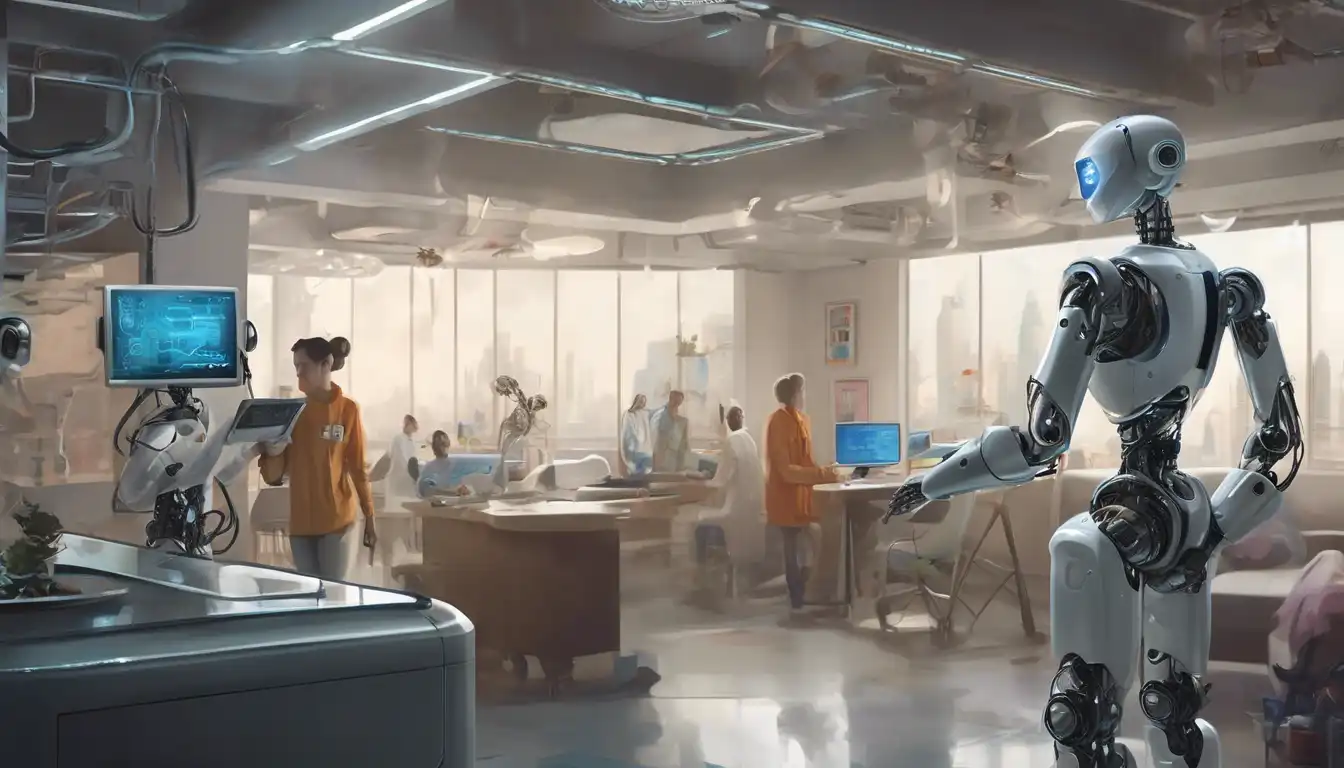The Future of Robotics in Everyday Life
As we stand on the brink of a technological revolution that will fundamentally alter the way we live, work, and relate to one another, robotics is at the heart of this transformation. The future of robotics in everyday life is not just about the automation of tasks but about the enhancement of human capabilities and the creation of new opportunities for growth and innovation.
Robotics in the Home
Imagine a world where your home is not just a place to live but a smart ecosystem that anticipates your needs. From robotic vacuum cleaners that keep your floors spotless to AI-powered assistants that manage your schedule, the integration of robotics into our homes is making life more convenient and efficient. The future promises even more advanced technologies, such as robots that can prepare meals or provide companionship to the elderly.
Robotics in Healthcare
The healthcare sector is set to benefit immensely from advancements in robotics. Surgical robots, which are already in use, offer precision that surpasses human capabilities, leading to less invasive procedures and quicker recovery times. In the future, we can expect robots to play a larger role in patient care, from monitoring vital signs to assisting with rehabilitation exercises.
Robotics in Education
Education is another area where robotics is making an impact. Robots are being used as teaching assistants, providing personalized learning experiences for students. They can adapt to the learning pace of each student, making education more accessible and effective. The future may see robots becoming an integral part of the classroom, facilitating interactive and engaging learning environments.
Robotics in the Workplace
The workplace is undergoing a transformation with the introduction of robotics. From manufacturing to customer service, robots are taking on tasks that are dangerous, repetitive, or require precision. This shift is not about replacing human workers but about augmenting their abilities and freeing them to focus on creative and strategic tasks. The future workplace will likely see a seamless collaboration between humans and robots.
Challenges and Opportunities
While the future of robotics in everyday life is bright, it also presents challenges. Issues such as job displacement, privacy concerns, and the ethical use of AI need to be addressed. However, these challenges also present opportunities for innovation and the development of policies that ensure the benefits of robotics are shared by all.
The future of robotics in everyday life is not a distant dream but a rapidly approaching reality. As we navigate this transition, it is crucial to foster a dialogue that includes all stakeholders to ensure that the integration of robotics into our lives enhances human well-being and creates a more inclusive and sustainable future.
For more insights into how technology is shaping our future, explore our technology trends section.
